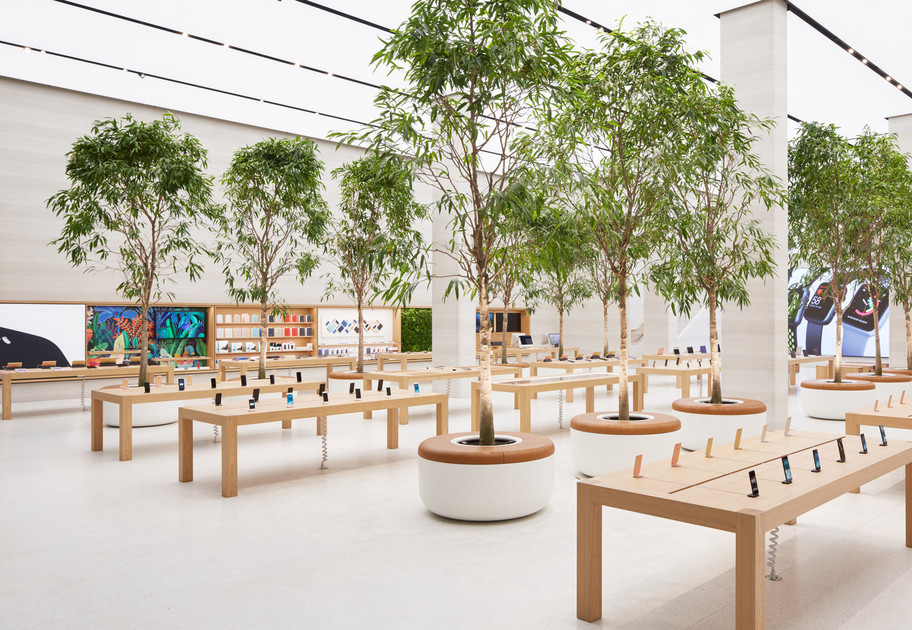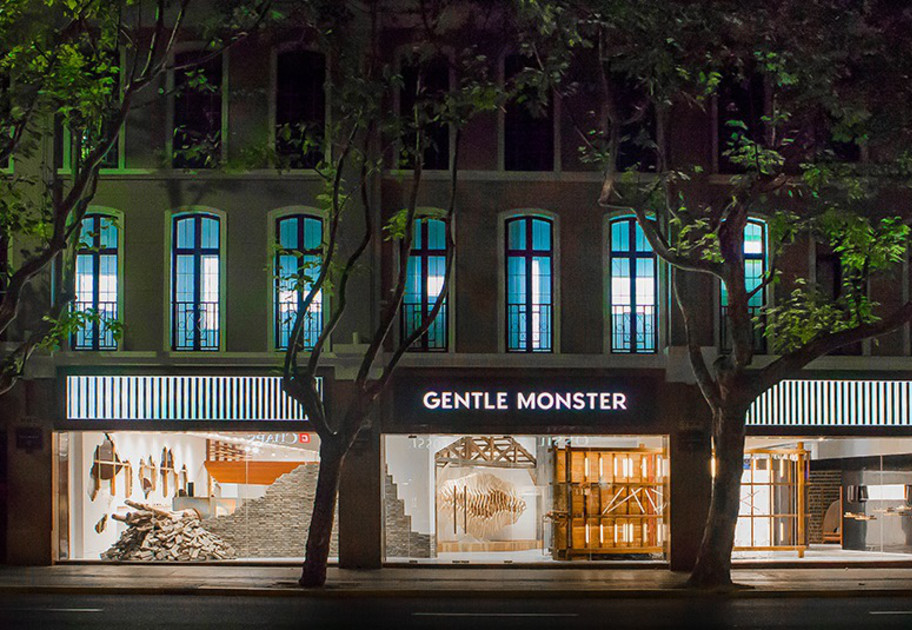- 75% of shoppers want to be able to know beforehand if a product is in stock.
- 70% need their items very soon and want to actually see and feel it before buying;
- Is the product not available or does the shopper not have a need to walk out of the store carrying the item? 73% expects to have the product they want at home via same-day delivery;
- 62% would like to make an appointment with an expert in advance;
- 60% expects the store visit to offer a social experience;
- 57 % counts on additional activities in the store.
If you want to be relevant for the spoiled ‘on-demand’ shopper of today, these are the points you should really be focusing on in your concept.
Determine your ideal mix: Efficiency x Experience x Expertise
We already came to this conclusion earlier, and ABN AMRO confirms this in a report*.
There are basically 3 strategic attributes you can use in defining your relevance for today’s shopper as an answer to, or even within the mix of digital touchpoints.
What counts here is: if you really want to be relevant, excel in at least one attribute and try to find a mix with one of the other attributes.
1. Efficiency
Speed and convenience are paramount here; run-shopping at its best. How do you make life easier for your shopper?
2. Experience
Customer experience and product experience are the key terms. Which multi-sensory and social added value does your concept bring to the life of your shopper?
3. Expertise
Knowledge and specialism, that’s what this attribute is all bout. Can you provide the right advice, or can you take the right specialist action to make your added value more tangible?
Distinguish yourself in areas you can really make the difference!
We have now arrived at the point of shifting the focus, setting our sights on what the real champions have been zealously doing in recent years: searching for new relevance for the brand and formula.
In the next blog post, we offer inspiration with some innovative and sometimes traditional retail trends and concepts. Formulas that have built a brilliant concept around attributes such as experience, service, (product) presentation, distribution and staff. And all this in a retail world where price is a fact, availability is a given and the product is sometimes just a means to give the customer access to an experience he or she doesn’t want to end.
* Source: ABN AMRO: The consumer of the future can still be found in the store.
.png?width=641&height=253&name=Kega%20logo%20(white%20bg).png)



